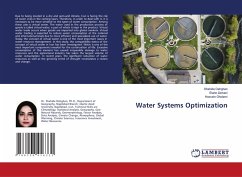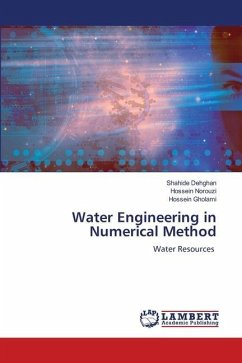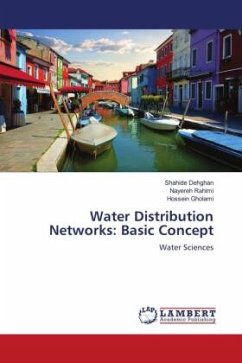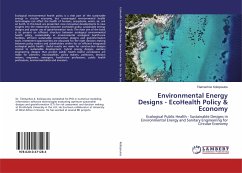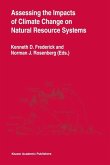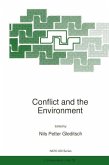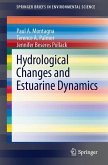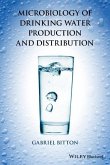Due to being located in a dry and semi-arid climate, Iran is facing the risk of water crisis in the coming years. Therefore, in order to deal with it, it is necessary to be more sensitive to the types of water consumption. Among these uses is virtual water. The water used in the production process of goods is called virtual water, a part of which is kept in the product. Virtual water trade occurs when goods are imported into global markets. Virtual water trading is expected to reduce water consumption at the national and international levels due to more efficient and specialized use of water. Today, the concept of virtual water is one of the most important issues in water resource management. In this study, the compatibility status of the concept of virtual water in Iran has been investigated. Water is one of the most important components needed for the continuation of life. Excessive consumption of this element has caused irreparable damage to water resources and the agricultural industry has taken the largest volume of water consumption. In recent years, the significant reduction of water resources as well as the growing trend of drought necessitates a review and change.
Bitte wählen Sie Ihr Anliegen aus.
Rechnungen
Retourenschein anfordern
Bestellstatus
Storno

